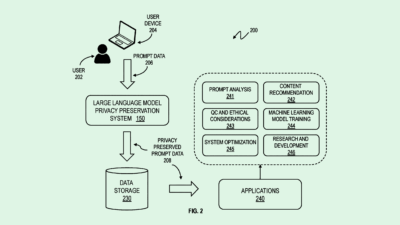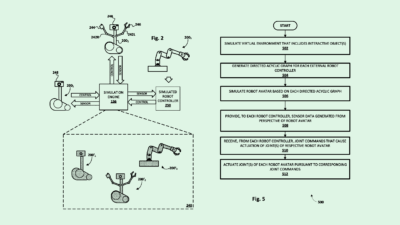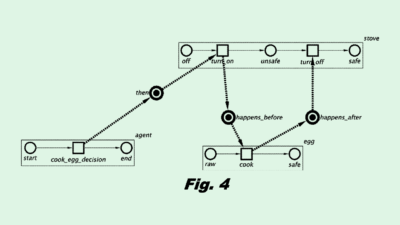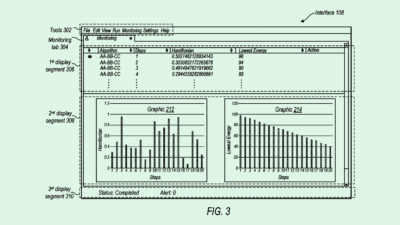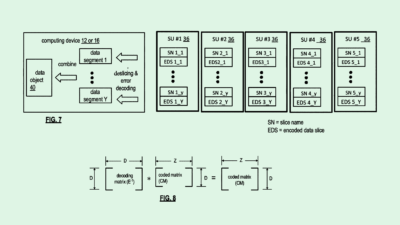IBM Continues Quantum Quest with Noise Correction Patent
Fixing the noise problem is key to scaling these devices to more than a few thousand qubits.

Sign up to get cutting-edge insights and deep dives into innovation and technology trends impacting CIOs and IT leaders.
Quantum computers need peace and quiet to operate. IBM wants to turn down the noise.
The company is seeking to patent a system for “contextually calibrating quantum hardware by minimizing contextual cost function” that essentially fine-tunes a quantum computer to account for the context that the device is operating in.
IBM’s system analyzes a quantum computer and adjusts its operation based on the specific program. Some of the adjustments include the power and timing of signals sent to the device’s qubits, and performing error-correction strategies in advance. The system will then apply those custom adjustments during the performance of a specific task or running of a program.
The methods highlight a major barrier that quantum computers still face: Noise. For reference, the term “noise” represents anything in an environment that can knock a quantum computer out of its precarious state known as “superposition” that allows qubits to perform incredibly complex calculations at rapid speeds. Surpassing this barrier is a major key to scaling these devices to more than a few thousand qubits.
“By lowering the quantum device noise,” IBM said in the filing, “the overhead for quantum error mitigation may be reduced. Furthermore, quantum error correction is only feasible when the quantum device noise is below a threshold value.”
A patent like this makes sense coming from IBM. With one of a small handful of quantum computers on the market, the company is one of the foremost developers in the quantum space. And quantum breakthroughs have started to pick up pace, with announcements pouring out of Microsoft, Google, Amazon, JPMorgan Chase and more in recent months. Though the timeline for market-ready and scalable quantum devices is still murky, IBM could be looking to stake its claim early.

